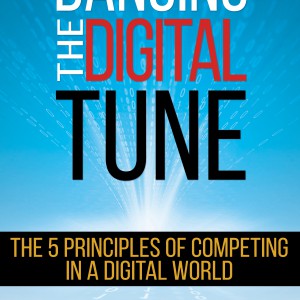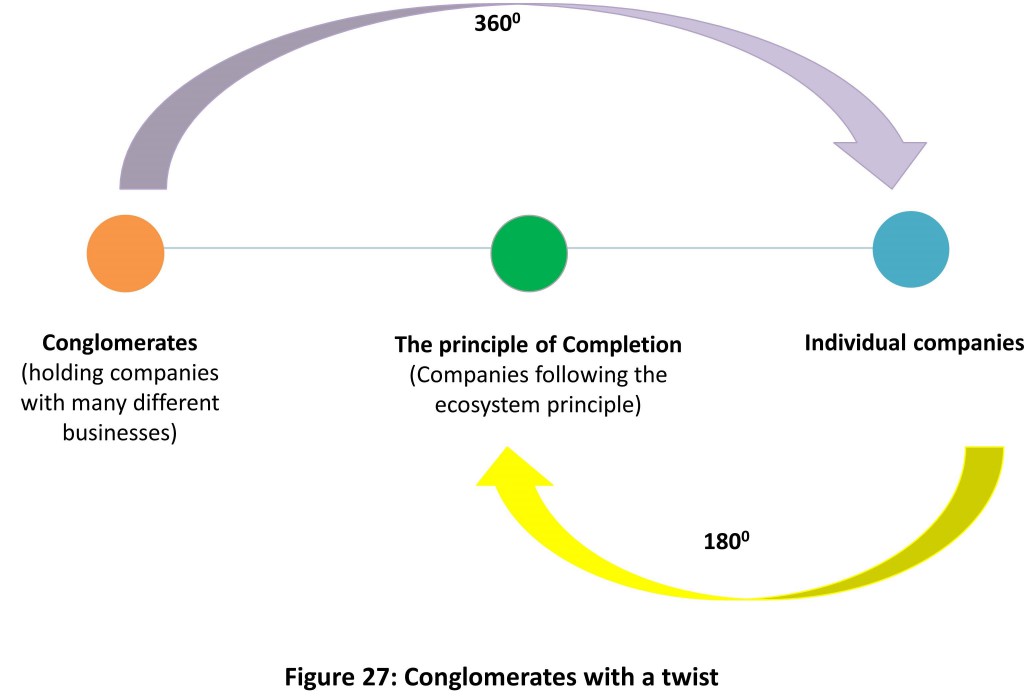 If you have read this book by Jeremy Rifkin (1), then you most likely had extreme reactions in this sequence – a) a sense of awe and wonder b) a feeling that there was something deeply amiss in the logic.
If you have read this book by Jeremy Rifkin (1), then you most likely had extreme reactions in this sequence – a) a sense of awe and wonder b) a feeling that there was something deeply amiss in the logic.
Mr. Rifkin did bring out some great points overall about how the sharing economy, automation and the internet of things will change the way business is conducted today. You can read some excellent critique by Eric Raymond(2) and Robert Atkinson(3). Both of these reviewers bring out and highlight important flaws in the book’s theme to balance out the praise for this book.
The point of my post is not to dissect the book and its logic. Instead, I’d like to elaborate on how the “collaborative commons” concept that Mr. Rifkin argued for is trending to manifest itself. I’ll borrow from the 5 principles outlined in my book Dancing The Digital Tune, primarily The Principle of Completion with the others as supporting pillars to make that happen.
As we connect more and more devices to the internet – our toasters included – there is a trend towards a platform approach to business. Brokers, rather than the providers themselves are seeking to establish the primary day to day relationship with customers. Think of airlines, retailers, banks and many others. They are not our primary information sources anymore, and we just expect them to provide the right price and service, or we go elsewhere. The sharing economy like Lyft, Uber, Airbnb, Amazon Marketplace etc. are just some very well known examples of brokers in the the sharing economy. Others are trying to evolve from an advertising model to a more tangible model – Google, Facebook etc.
It follows that in this grand scheme of evolution and information gathering (our phones practically know everything we did today, and about our plans for the next week), the consumers identity as a person becomes paramount. There are 2 ends of the market here:
- Convenience and access for customers (we like to call a cab anytime and can track it from our phone)
- Convenience and access for providers (even you and I can provide services easily and earn money)
The sharing economy is going to be a lot about partnerships because they will drive convenience and access. Otherwise, the platforms we are used to today will be ripe for disruption and displacement by those who do so:
- Calling a cab right from the United Airlines app as soon as you land
- Ordering food and booking tours right from the Airbnb app? Just like Four Seasons allows us to interact with local providers at our destinations
- Making a shopping list from a recipe site, which also knows what’s in your Whirlpool refrigerator, and that your mom is visiting next week.
The complexity of interactions can be tremendous, but the fact is that they will happen. innovations like 3D printing and sensor based technology are disrupting the manufacturing industry as well. In a couple of years we’ll but a washing machine and pay for it like we do at the Laundromat. And we won’t pay for health insurance the same way we do today because new technology will bring costs down through remote surgeries, diagnosis etc. all of which will require partnerships to enable.
 It’s going to be an exciting world. The sharing economy will build the conglomerates of the Future. You can read more about The 5 Principles of Competing in a Digital World here.
It’s going to be an exciting world. The sharing economy will build the conglomerates of the Future. You can read more about The 5 Principles of Competing in a Digital World here.
- https://en.wikipedia.org/wiki/Jeremy_Rifkin
- http://esr.ibiblio.org/?p=5558
- http://republic3-0.com/book-review-jeremy-rifkin-flawed-vision-of-techno-utopia/

